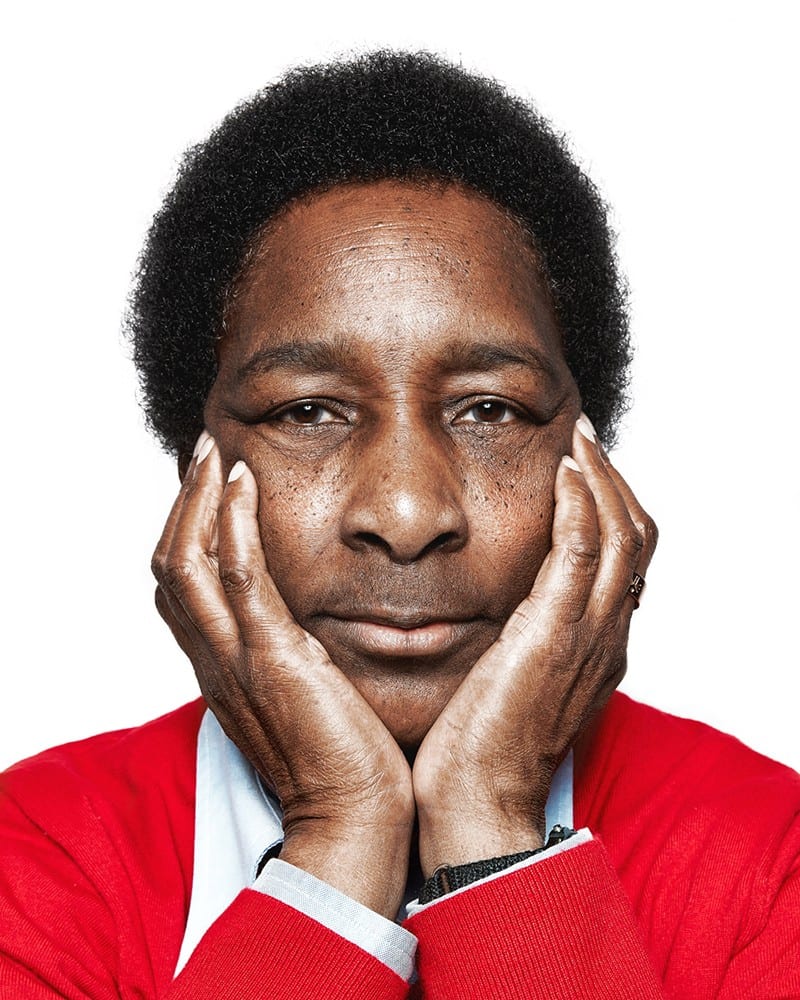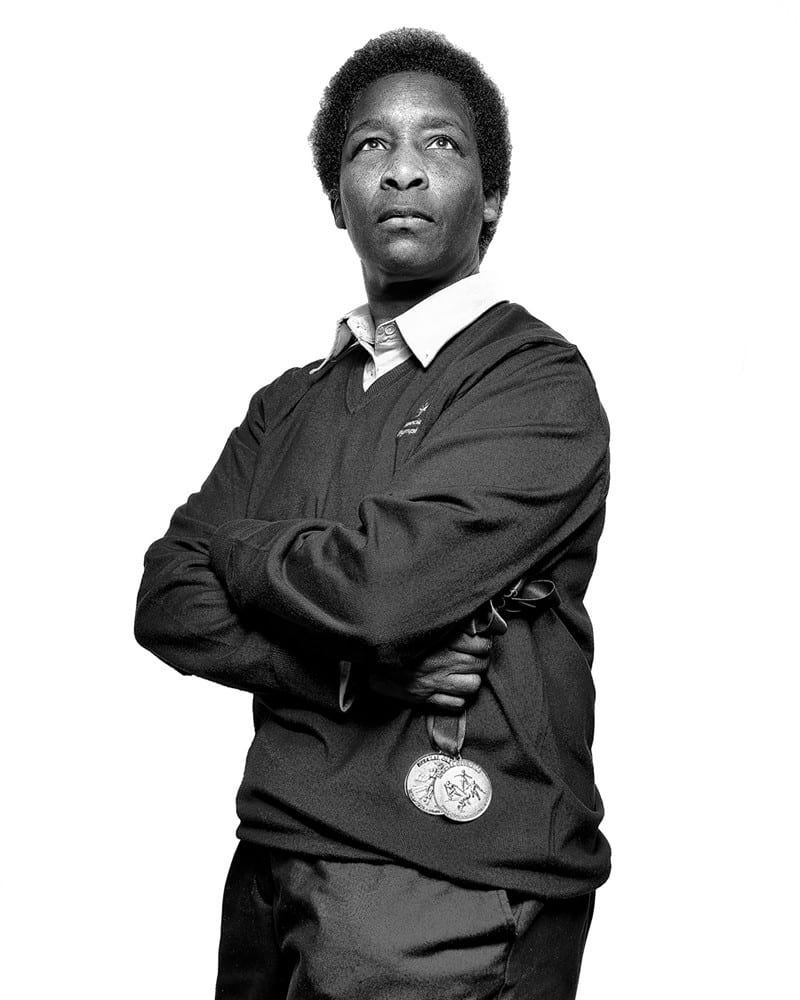

Loretta Claiborne always fought for equal rights growing up. It started as a young child and transitioned into her role as Chief Inspiration Officer for Special Olympics and as a member of the board of directors. During a time of sizable racial injustice in the 1960s, she had to fight for inclusion because of her skin color, but also because she had different abilities. A fight she keeps alive to this day.
I recently had a conversation with Claiborne, during which she shared her story of racial injustice and her experience demanding inclusion for all. And she asked me a few questions in return from my perspective.
Nealon: You were born when the country was still very segregated, tell me about that?
Claiborne: You know, the movement of Special Olympics started in 1968 and two years later, I had joined Special Olympics. At the time I joined Special Olympics, my mom was kind of unsure whether I should be able to do it or not. She was weary just like any other parent; you have to remember that my mom was born when it was segregation—Blacks went to one bathroom, and Whites went to another. So, she’s seen a lot during her time since being born in 1931.
She knew when I was born in 1953 that things were going to be rough for me. So, she always worried about me. I could see why she worried. As I look back, I was like, “Why are you so worried?” Well, she had a reason to be worried of what she came through.
So, of course, in 1968, our country was at a rift. It was not looking well. Blacks weren’t liking Whites and Whites weren’t liking Blacks. There were some really, really tough times. In my town, the riot started in 1969, of course, the riots really started in Chicago and other places in 1968.
Nealon: Were you shocked when you found out Special Olympics started in 1968 in Chicago?
Claiborne: At that time, I think about Special Olympics and I was shocked when I first found out that it started in 1968. And that’s like saying to myself when I first started, “How can something like this start?” Beginning in 1968, there’s no way this could have started because people weren’t liking each other. How can somebody start like something like this?
And when you look at it, not only was it a revolution for Blacks and Whites, it was a new revolution that was started by one woman. And a couple of people behind her decided that you know what, I’m going to hold these Games.
Who knew it was going to happen? I mean, Chicago was on fire in 1968 and people came together. She brought these people together and they were people with intellectual disabilities. She brought these people together during the time our country was on strike. Who would ever have thought somebody could do that?
Nealon: You started competing in 1970, tell me about the moment you won your first medal?
Claiborne: I started in a little local program. It was the 50-yard dash with your colleague, or our shelter workshop, kids from Dallas Town school and a couple of other agencies. We had our first Games out on the old center track, which is still there.
I don’t think there were 50 athletes. It was funny because they used to have clowns and the clowns used to be on the track and when you ran. They had huggers, so each person had a hugger. When you finished your race, someone was there with their arms stretched out, hugging you.
It was a small event, but it was big to us as athletes and we had to wait 364 more days for that to come again. That was my first experience and back then, they didn’t have medals; they had ribbons. You always wanted to win ribbons.
Nealon: Three years ago, in an article, you referred to Dr. Martin Luther King Jr and how his message and Eunice Kennedy Shriver’s message related, can you talk about that and what that means to you?
Claiborne: You know, Mrs. Shriver and Martin Luther King, I don’t know if they knew each other. I couldn’t tell you that, but they both had the same mission—to bring people together. She had a mission that these people are not brought into society. And when you look now, the institutions are closed and now people are out there working, or people are living on their own.
Eunice Kennedy fought for equal rights of people with intellectual disabilities. People think that Martin Luther King just fought for Black people. He fought for people in general to have the same equal rights. His main thing was to fight for Black people, but he also fought for those who were poor and those who were treated, second class. If you listen to his speech, I Have a Dream you’ll notice that and he said in the speech about the character; I want to show my character.
They show their character that they care about people, in general, will be a part of society.
Nealon: With the world so divided right now, why is it so important to have conversations about racial injustice?
I think it’s very important to have that conversation. I watched George Floyd’s funeral and when they took the casket out of the church, they were marching with the casket and I just stood there and broke out in tears. Here I’m on my little couch and I’m sitting there in tears.
I ask myself, why does something like this have to happen?